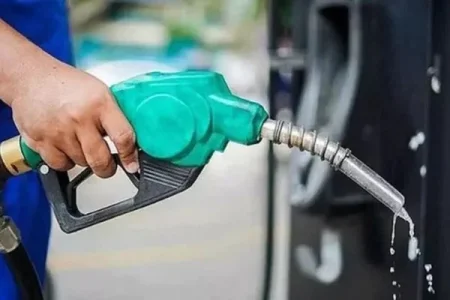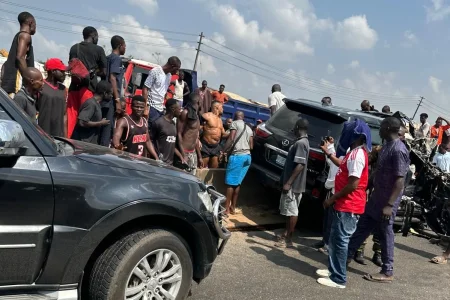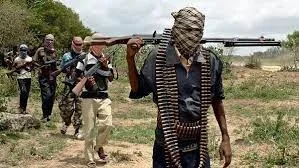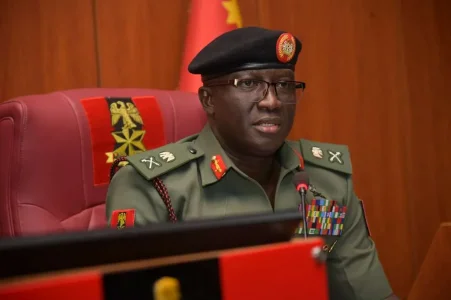
Fuel scarcity in Lagos has driven prices to N850 per litre, causing transport fare hikes and severe congestion at filling stations. With black market rates soaring up to N1,400 per litre, commuters are struggling as authorities fail to address the underlying issues. The situation is expected to worsen.
Motorists and commuters in Lagos are grappling with severe fuel scarcity, leading to a dramatic increase in fuel prices and transport fares. The crisis, marked by long queues and shuttered filling stations, has led to prices reaching as high as N850 per litre, with black market vendors charging up to N1,400 per litre.
The situation, which worsened last Friday, saw an escalation in fuel prices, with many stations running out of stock. While NNPC stations sell fuel at N650 per litre, independent marketers have hiked prices significantly, forcing consumers to seek alternative sources.
The scarcity has also led to a surge in transport fares. Commercial bus drivers, known locally as Danfos and Koropes, have increased their fares, reflecting the higher cost of fuel. For instance, a trip from Ikotun to Egbeda, previously costing N200, now ranges from N500 to N700, depending on negotiations.
The Lagos State Emergency Management Authority (LASTMA) has been struggling to manage the situation, with traffic gridlocks intensifying around operating filling stations. The scarcity has also driven a boom in black markets, where fuel is sold at exorbitant rates, exacerbating the problem.
Commuters have expressed frustration, highlighting the economic strain caused by the rising fuel prices. Many fear that without intervention, the situation could worsen, impacting the broader economy and daily life in Lagos.
Authorities have yet to address the root causes of the fuel shortage, leaving residents and business owners anxiously awaiting a resolution to the crisis.




